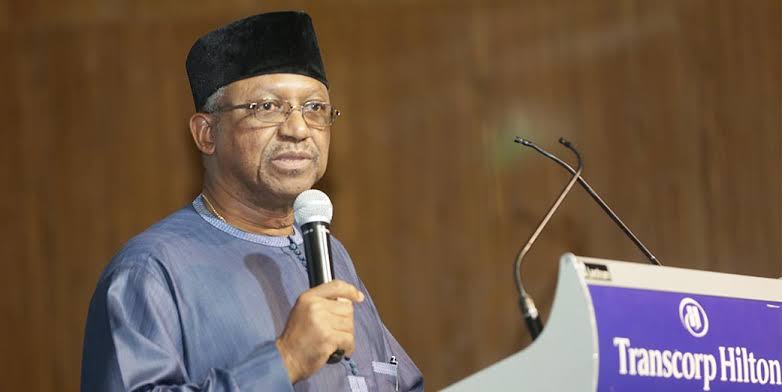As Nigeria braces for a potential nationwide strike starting Monday, June 3, 2024, the Federal Government has made a last-minute appeal to the Nigeria Labour Congress (NLC) and Trade Union Congress (TUC) to reconsider their planned industrial action. The strike is in response to the government’s refusal to raise the proposed minimum wage from N60,000 to N494,000, as demanded by the unions.
Minister of Information and National Orientation, Idris Mohammed, emphasized the importance of prioritizing the masses’ interests and described the NLC and TUC as crucial partners in the nation’s progress. He urged them to continue negotiations rather than resorting to industrial action, which he believes will exacerbate the country’s economic challenges.
The NLC, led by President Joe Ajaero, has expressed deep disappointment over the government’s handling of the minimum wage negotiations. Ajaero criticized the absence of key government officials during crucial meetings, which he interpreted as a sign of disrespect and lack of commitment to the workers’ demands. He highlighted that the unions had issued a clear ultimatum on May Day, demanding a conclusion to the minimum wage discussions and a reversal of the recent electricity tariff hike.
Fuel scarcity and power outages are imminent as key unions in the oil, gas, and electricity sectors, including the Nigerian Union of Petroleum and Natural Gas Workers (NUPENG) and Petroleum and Natural Gas Senior Staff Association of Nigeria (PENGASSAN), have vowed to join the strike. Their participation could cripple the country’s energy sector, leading to severe disruptions nationwide.
The Organised Private Sector of Nigeria (OPSN) has shown support for the government’s N60,000 offer, calling it a reasonable compromise given the current economic climate. They argue that a significant wage increase could lead to job losses and business closures, further straining the economy. The OPSN urged both parties to strike a balance that ensures workers’ welfare without endangering business sustainability.
Despite the government’s plea and the potential economic fallout, the NLC and TUC remain steadfast in their decision to strike. They argue that Nigerian workers deserve fair wages that reflect the country’s economic realities and are prepared to take necessary actions to ensure their demands are met. The unions have called on all affiliates, civil society organizations, and the general populace to support the strike, emphasizing that the welfare of Nigerian workers is non-negotiable.
With the deadline looming, the country is on edge, anticipating the outcome of last-minute negotiations. The government’s appeal for understanding and compromise faces a formidable challenge as organized labour stands firm on its demands, setting the stage for a crucial showdown that could significantly impact Nigeria’s socio-economic landscape.





